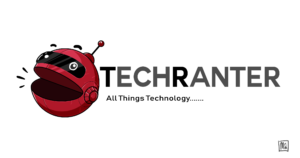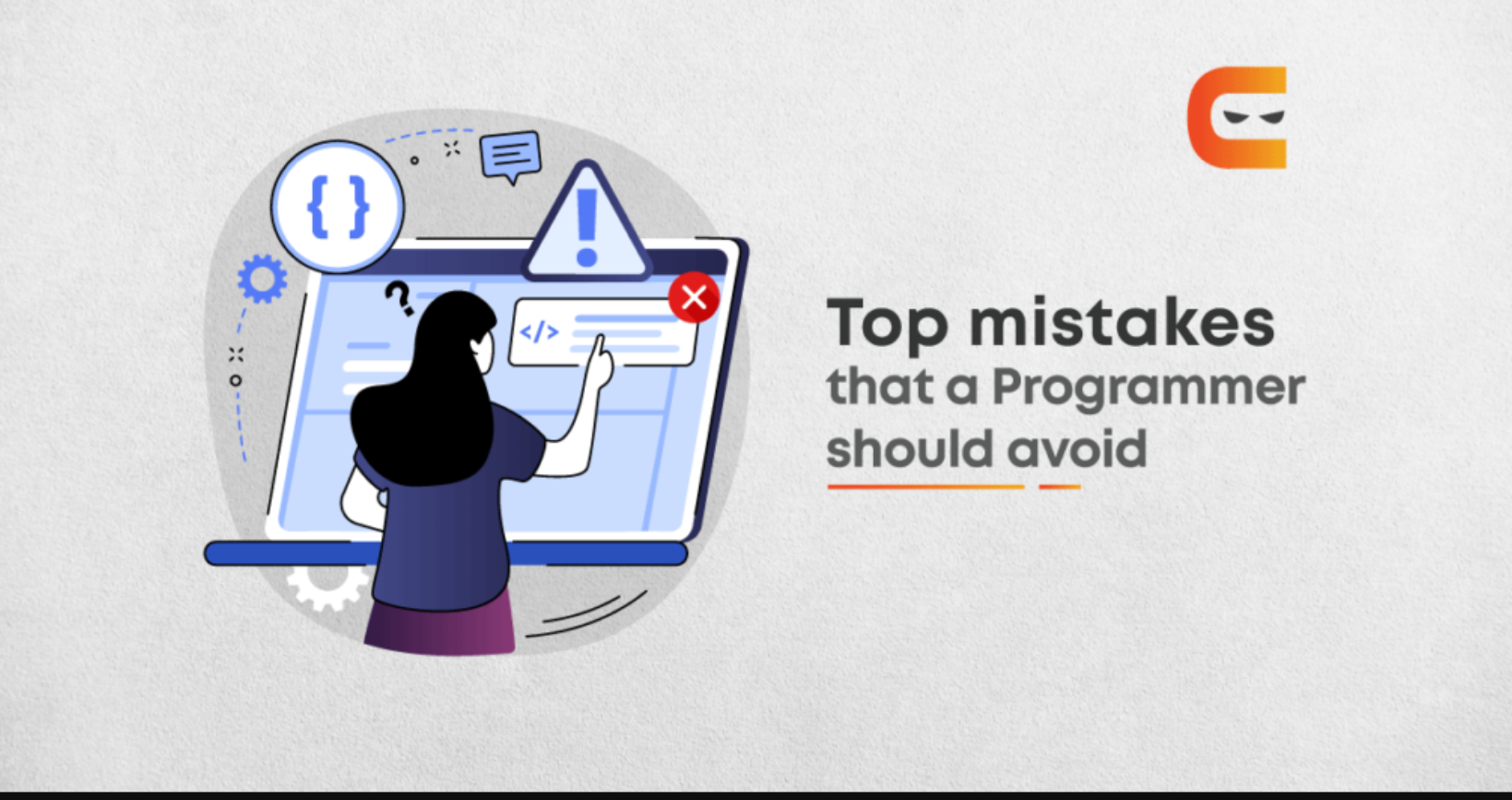Coding ranks among the most valuable skills you can build. So if you’re searching for “tips for beginner programmers,” it simply means you want to advance your career.
You may hope to build software or games for your close relations or friends or get a better edge in the tech space. Whichever way, learning the language of computers can be a significant asset to your professional and personal development.
Coding is the process of instructing computers using programming languages. These instructions run the websites, software, and apps people use daily.
Read Also: The Impact of AI On The Future Of Work
Why should you Learn to Code?
Coding has various advantages, so it is becoming an increasingly valuable skill in a modern digital society. Here are ten(10) convincing reasons why learning to code is worthwhile:
1. Problem-solving abilities
Coding is the process of solving problems using logical thinking and creativity. Learning to code enhances your problem-solving skills as you break down complex problems into smaller, manageable steps and devise algorithms to solve them.
This analytical mindset and ability to approach problems systematically can be applied to various aspects of life, not just programming.
2. Career opportunities
The demand for skilled programmers is continuously growing across industries. Due to this, learning to code opens up a wide range of career opportunities.
Whether you’re interested in software development, web development, data analysis, artificial intelligence, cybersecurity, or mobile app development, coding skills are highly sought.
Having coding skills can give you a competitive edge in the job market.
3. Empowerment and independence
Coding empowers you to bring your ideas to life. Instead of relying on others to build software or tools, you can create them yourself.
Learning to code allows you to develop websites, apps, automation scripts, or even explore hobbies like game development or building IoT (Internet of Things) devices.
This level of independence and creativity can be immensely satisfying.
Read Also: The ethics of using Artificial Intelligence (AI) in decision making
4. Computational thinking
Coding fosters computational thinking, which involves approaching problems in a structured and algorithmic way. It helps you understand complex processes, identify patterns, and develop efficient solutions.
Moreover, computational thinking skills are transferable to various domains, enabling you to approach challenges logically and systematically.
5. Enhanced logical reasoning
Coding needs you to think logically and analytically. You learn to break down problems, identify patterns, and design algorithms.
These skills improve your ability to solve coding challenges and enhance your logical reasoning abilities. Rational thinking is valuable in decision-making, critical analysis, and evaluating different possibilities in everyday life.
6. Creativity and innovation
Coding provides a creative outlet where you can bring your ideas to life. It allows you to build interactive websites, design user interfaces, develop games, create art through coding, and more.
Learning to code encourages you to think outside the box and find innovative solutions to problems, fostering your creativity and enabling you to think creatively in various aspects of life.
7. Understanding technology
In today’s tech-driven world, having a basic understanding of how technology works is becoming increasingly important.
Learning coding helps demystify technology by providing insights into how software, websites, and apps are developed.
In addition, it enables you to understand the underlying mechanisms of digital tools, making you a more informed and empowered user.
8. Collaboration and communication
Coding is often a collaborative endeavor. You’ll likely collaborate with other developers, designers, and stakeholders when working on larger projects.
Learning to code improves your ability to communicate effectively with team members, understand their perspectives, and work together towards a common goal.
These collaboration and communication skills are valuable in any professional setting.
Read Also: How AI can improve customer experience in E-commerce
9. Continuous learning and adaptability
Coding is a field that is constantly evolving. Learning to code introduces you to a growth mindset, where continuous learning and adaptation are essential.
You’ll be required to keep up with new programming languages, frameworks, and tools. This constant learning and adaptability mindset benefits any field, allowing you to embrace change and stay relevant.
10. Problem awareness and critical thinking
Coding often involves tackling real-world problems. As you develop software or applications, you gain a deeper understanding of the challenges people face and the solutions that can address those challenges.
This problem awareness and critical thinking translate into a valuable skill set that can is applied to various domains, enabling you to impact society positively.
Tips For Beginners; How To Avoid Common Mistakes in Programming
Having discussed the benefits of learning programming, let us look at tips on how beginners like yourself can avoid common mistakes.
Here are some extensive tips for beginner programmers on how to avoid common mistakes:
1. Start with a clear plan
Before diving into coding, take the time to plan out your project. Understand the requirements, break down the problem into smaller tasks, and design a logical structure for your code.
Planning helps you avoid haphazard coding and ensures a more organized development process.
2. Learn the fundamentals
Begin by focusing on learning the fundamentals of programming—master concepts like variables, data types, loops, conditionals, functions, and classes. Strong foundations will help you grasp more advanced concepts later on.
3. Practice regularly
Consistent practice is essential for improving your programming skills. Set aside daily dedicated time to code, solve coding problems, or work on personal projects.
The more you practice, the more you get used to programming concepts and syntax.
4. Use proper indentation and formatting
Maintaining clean and readable code is crucial. Always follow proper indentation and formatting conventions.
Indentation helps you understand the structure of your code, and consistent formatting makes it easier for others (or yourself) to read and debug your code in the future.
5. Comment your code
Get into the habit of writing meaningful comments throughout your code. Commentaries explain the purpose and functionality of specific sections, making it easier for others (including yourself) to understand the code’s logic.
Well-commented code is also beneficial when you need to revisit or modify your code later on.
6. Test your code
Never underestimate the importance of testing your code. Verify that your code produces the expected results and handles different scenarios correctly.
Writing automated tests or using a testing framework can help ensure the reliability of your code.
Read Also: How AI is revolutionizing the way we teach and learn
7. Break problems into smaller parts
When faced with a complex problem, it’s often helpful to break it down into bits, more manageable tasks. Focus on solving each job individually and then combine them to build the complete solution.
This approach makes problem-solving less overwhelming and makes debugging easier.
8. Debug effectively
Debugging is a critical skill for programmers. Learn how to use debugging tools provided by your programming language or integrated development environment (IDE).
Use breakpoints, step through code, and inspect variables to identify and fix issues. Additionally, learn to read error messages and use them to understand the problem.
9. Seek help and collaborate
Be bold and ask for help when you’re stuck on a problem. Join online communities, forums, or programming groups where you can seek guidance from experienced developers.
Collaborating with others on projects can also accelerate your learning process and expose you to different programming techniques.
10. Read and learn from existing code
Studying well-written code is an excellent way to improve your skills. Read open-source projects or code samples to understand how experienced programmers structure their code, handle common problems, and apply best practices.
Analyzing good code will give you insights into writing cleaner and more efficient code.
11. Version control
Start using version control early on in your programming journey. Tools like Git enable you to track changes, collaborate with others, and revert to previous code versions if needed.
Version control is essential for managing codebase growth and ensuring project stability.
12. Stay updated and adapt
The field of programming is constantly evolving. Stay updated with the latest programming languages, frameworks, and best practices.
Follow industry blogs, attend webinars, participate in coding challenges, and explore new technologies. Being adaptable and willing to learn new things will keep you ahead in your programming journey.
13. Refactor your code
As you gain experience, revisit your old code and refactor it. Refactoring refers to restructuring your code without changing its external behavior.
It helps improve code readability, maintainability, and performance. In addition, refactoring is a valuable practice to keep your codebase clean and efficient.
Conclusion
Overall, learning to code provides you with essential abilities that go beyond programming. It improves cognitive ability, problem-solving abilities, and logical reasoning.
It allows you to pursue exciting employment prospects while empowering you to create, invent, and bring your ideas to reality.
Furthermore, coding fosters a mindset of continuous learning, adaptability, and collaboration, all necessary in today’s rapidly changing world.
Furthermore, having a basic understanding of coding and technology is becoming increasingly important in a technology-driven society.
It allows you to traverse the digital world more successfully, make educated decisions, and interact with technical specialists.
In addition, learning to code will enable you to join in debates about technology, artificial intelligence, data analysis, and other developing topics.
Learning to code can also have personal rewards. As you overcome programming challenges and see your code come to life, it can boost your confidence.
It also promotes perseverance and a development attitude, as programming frequently entails trial and error and ongoing progress.
Finally, coding groups and online platforms provide networking and cooperation opportunities with others who share similar interests.
Participating in these groups may give significant mentoring, support, and exposure to many viewpoints.

